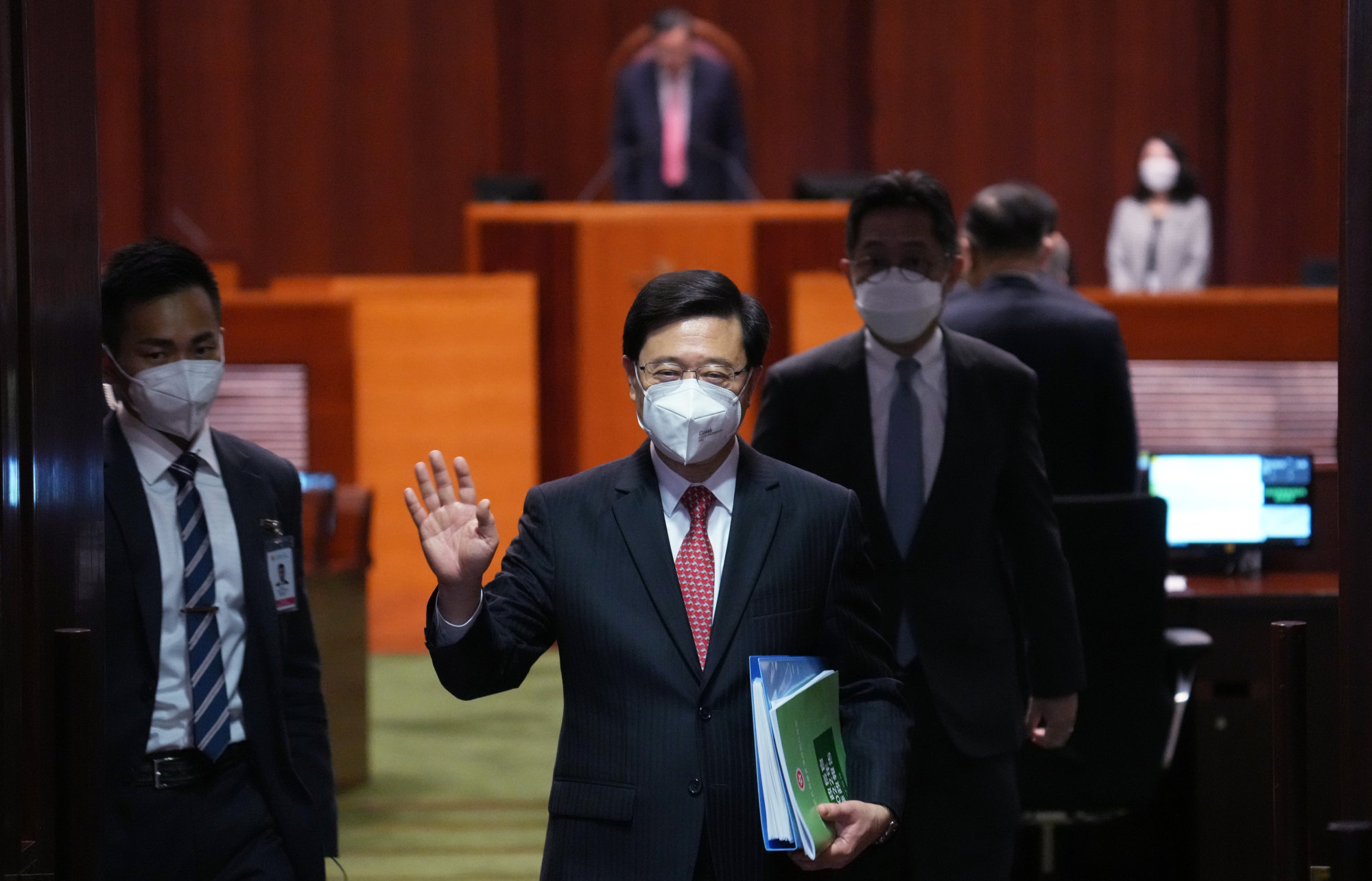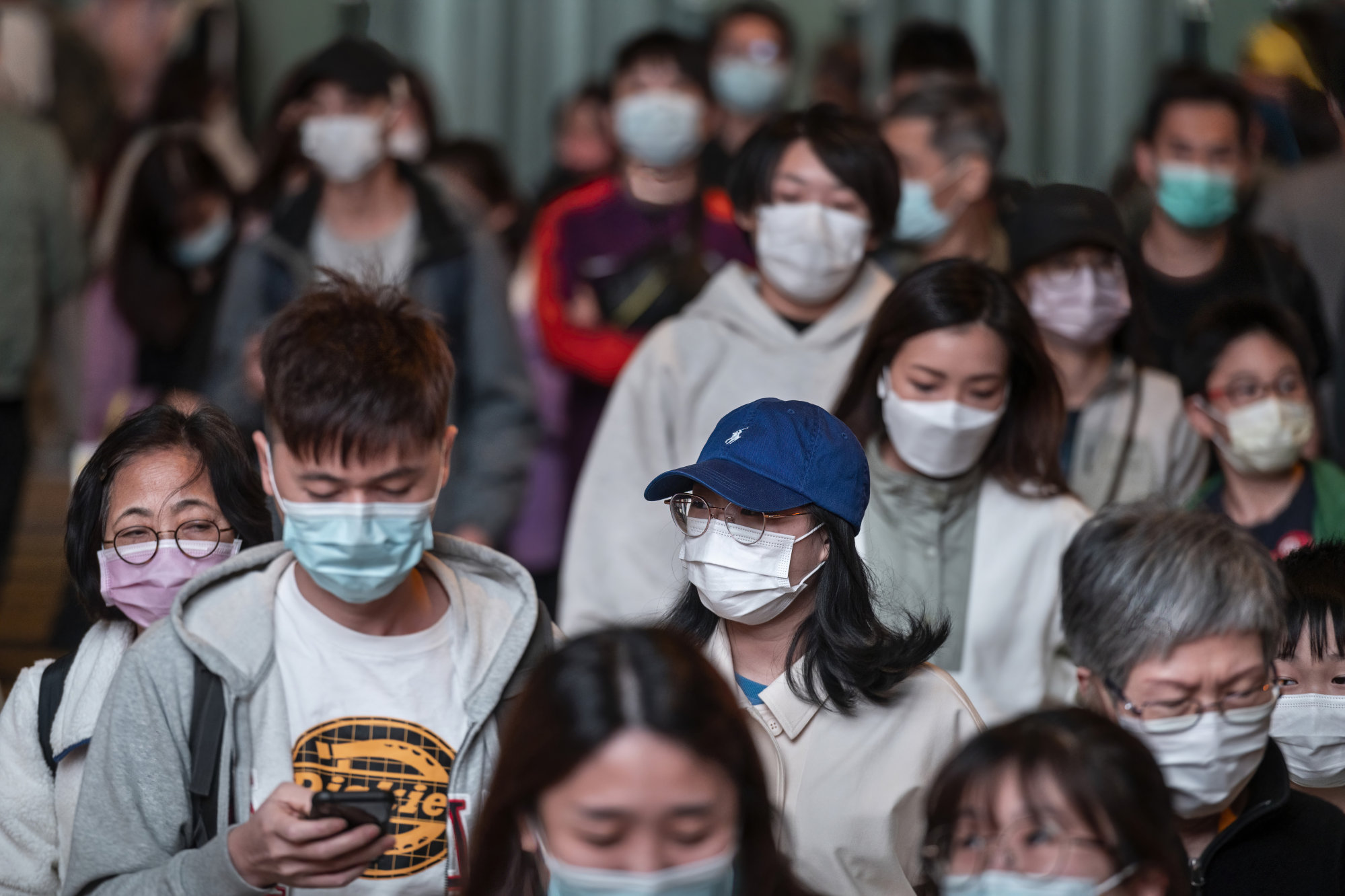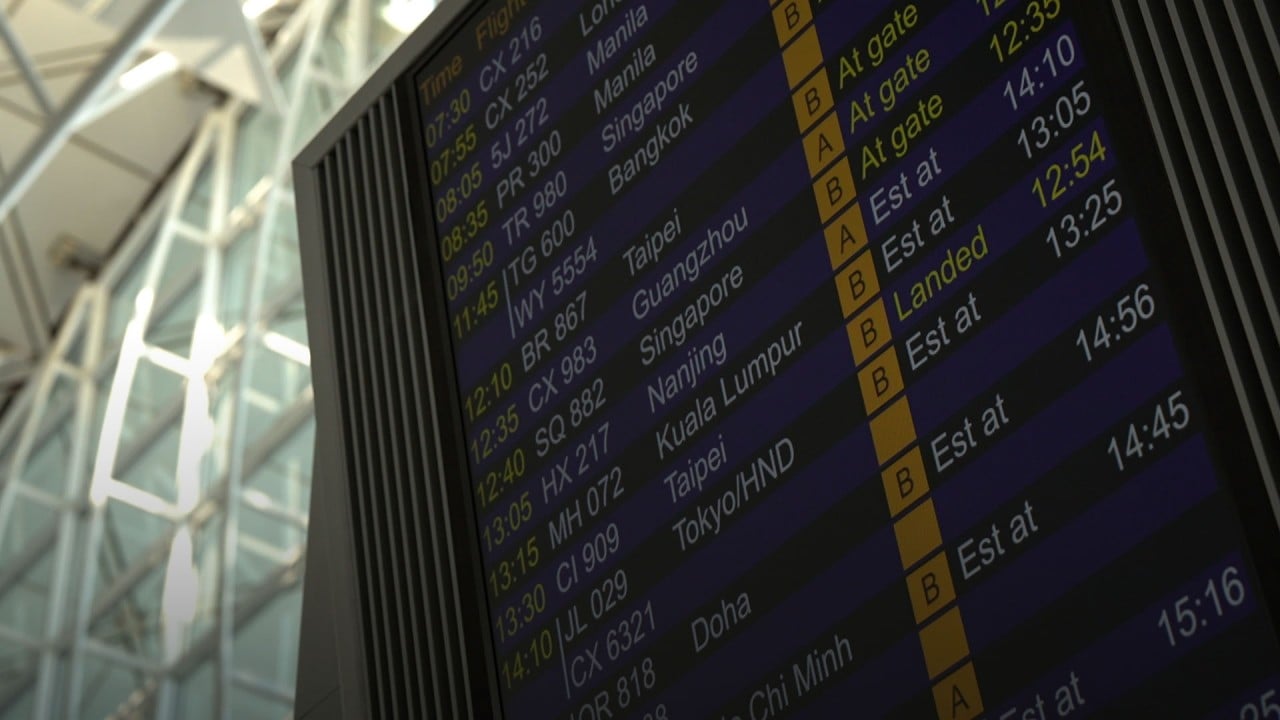
Hong Kong leader’s policy address is a promising start, but the city needs a transformative vision
- Chief Executive John Lee’s first policy address showed the government understands its mission: bring back global talent, diversify the economy and cut policy inaction
- But what is still missing is a sense of the values, principles and unique elements on which our city’s future success will be built
The city that had always benefited from being China’s gateway to the world – and the world’s entry point into the 1.4-billion-people economy – faced challenges that were not merely transitory, but could be devastating to its future, if left to foment.

For once, the Hong Kong government seemed cognisant of not just what the problems are, but also how urgently we need to solve them. These are encouraging signs, but they are not enough. What is missing here is a comprehensive, positive vision for where Hong Kong is headed, one that will resonate and cut across political divides.
Take youth disillusionment, a problem that is frequently reduced to questions of housing and job opportunities. While creating both more and better public flats, broadening career pathways and facilitating social mobility are helpful remedies, they are not enough.
Achieving this would take systemic outreach efforts that bridge the gulf between the empowered elite and the disenfranchised public and which provide channels for measured and constructive critique to all.

With stability restored and the city on the path to reopening, now is the time to revive a genuine sense of pride in Hong Kong. This cannot be achieved through top-down education schemes, but through bottom-up courting of groups that have been left out.
There are talented people who will be drawn in by the incentives introduced by the government, but at the end of the day, candidates are likely to go to where they see real prospects for career advancement.
To flesh out our innovation industries, to bolster our strengths in the financial and legal sectors and to attract talent, the administration must work with leading industry practitioners and corporations to create a self-contained ecosystem that has both the breadth to accommodate a range of skill sets and the depth to enable aspiring individuals to go far in their careers.
Finally, preserving Hong Kong’s internationalism requires active, conscious effort. What kind of an international city are we aspiring to become 10 or 20 years down the line?
John Lee’s promises could start ‘new chapter’ for Hong Kong, but can he deliver?
Is it a city where the arts and music of all cultures and kinds can flourish, or one where dogma prevails over audacity in the cultural industries? Is it a trilingual city with residents proficient in English, Mandarin, and Cantonese, or one where slipping linguistic proficiency renders us increasingly uncompetitive?
Hongkongers deserve that – and I hope that we are on our way there.
Brian Wong is a DPhil in Politics candidate at Balliol College, Oxford, a Rhodes Scholar (Hong Kong 2020), and the founding editor-in-chief of the Oxford Political Review

.png?itok=bcjjKRme&v=1692256346)
